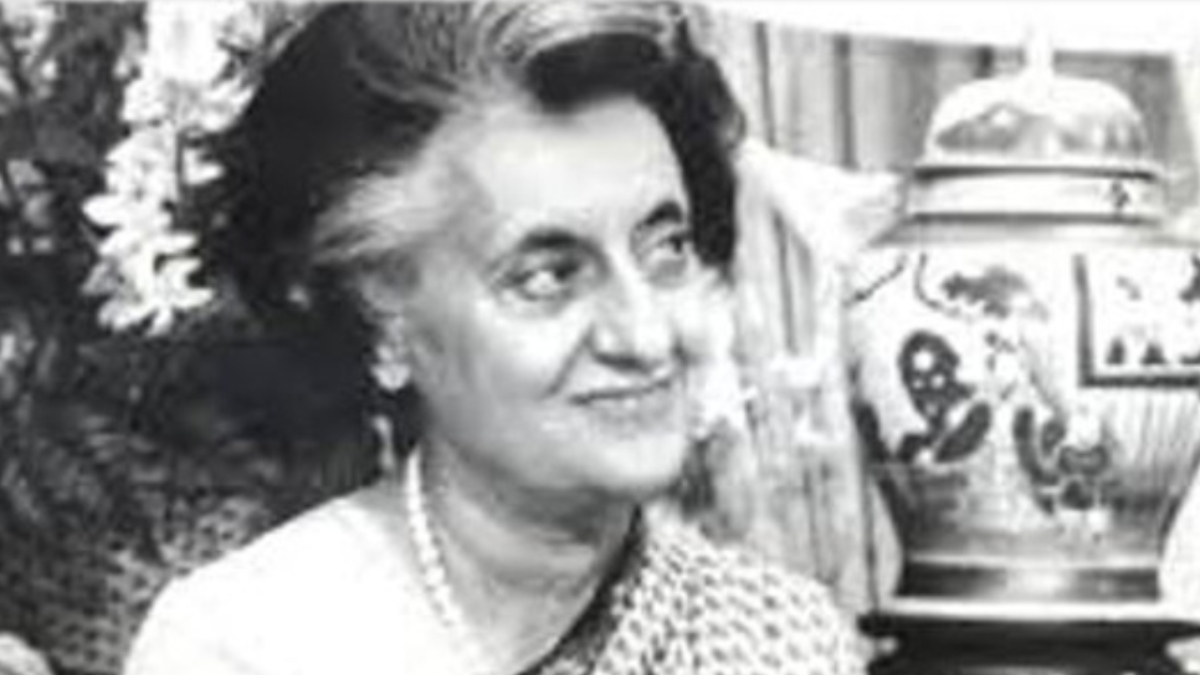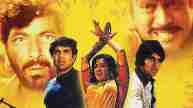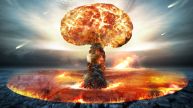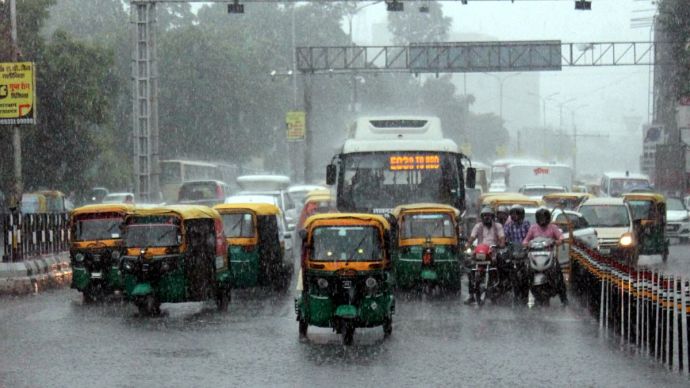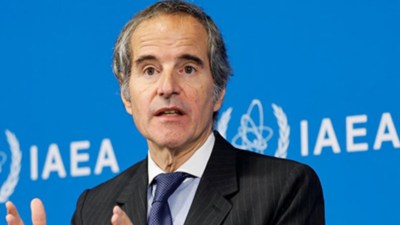As television programming has been beaming the emergency saga, on its 50th anniversary, my mind went back to those days when the nation was going through an unprecedented democratic upheaval that seemed to make the Britishers apprehension about India and democracy come true — that India can never be trusted with one of the best forms of government as it was touted around that time.
Politically, the opposition then got the narrative absolutely right and ably supported by a section of the media of the time, well a part of it anyway. Most of the media then crawled when they were asked merely to bend.
But yes in those days, the spirit of democracy and democratic values were stronger than what it appeared going by the end result of the elections that came through an (at that time) unexpected restoration of democracy that Mrs Indira Gandhi resorted to. I remember reading write ups in papers as to how a benign dictatorship was in fact good for the economy of the country to brainwash the people into believing that emergency was in fact good for them. Perhaps it was the media’s “persuasive powers” that many in fact thought it was so.
When I recall my own tryst with the times as a teenager but with a father who had connections with Neelam Sanjeeva Reddy and one had apprehended some trouble as he too was opposed to emergency and at that time my father was attempting a book on the leader and kept some papers at home.
As a 17-year old student of a government-aided school in the Sarkari colony of New Delhi — and exposed to conversations of journalists who called on my father every now and then, my exposure to and memories are perhaps more journalistic even then — may be that’s the reason why I eventually became a journalist.
Yes, we did get a bunch of newspapers daily as for my father, reading them formed part of his job chart as an officer in the Planning Commission. I of course used to them back to front – sports news, comic strip, and film news. The few blank front pages of the Indian Express then was a telling commentary of suppression of fundamental rights of free speech, but whether I understood it as exactly that is doubtful. But odd it surely felt that a paper that printed so many news had its front page blank.
But other than that for us students, emergency was nothing else. We felt none of it at school or at the playgrounds – nothing beyond what our strict south Indian parents made us go through even without emergency.
What I distinctly remember that we children growing up in government residential colonies housing lower rung government servants in Ramakrishna Puram, Sector 1, with CBI headquarters as our neighbour, listened to sentiments that bordered on support for the government that enforced “a disciplined life” that people in general were made to go through during emergency.
Our memories of emergency: The DTC buses ran on time, there were no skirmishes or shortages at DMS milk booths, and if one went to the CPWD “Enquiry Office” where one raised complaints say of electricity, plumbing or any other defects in the government-owned houses allotted to government servants, there were actually people sitting in their chairs, taking down complaints, and yes promptly attending to them.
If one went with an electricity bill in hand to pay before rushing to school, the billing clerk would actually be accepting money and giving you a receipt then and there. These experiences perhaps can explain why many people really found little fault with the emergency and some even went as far as to defend it. Some in the middle class even supported it saying that Indians perhaps needed a bit of discipline in their lives, and supported Mrs Gandhi.
Well, was the press not muzzled and opposition thrown in jail? Was not the fear of the unknown palpable across the country? Was it this fear that made people do what they did. Or didn’t.
Cut to present times, would one be wrong if one wondered, if things any different now?
